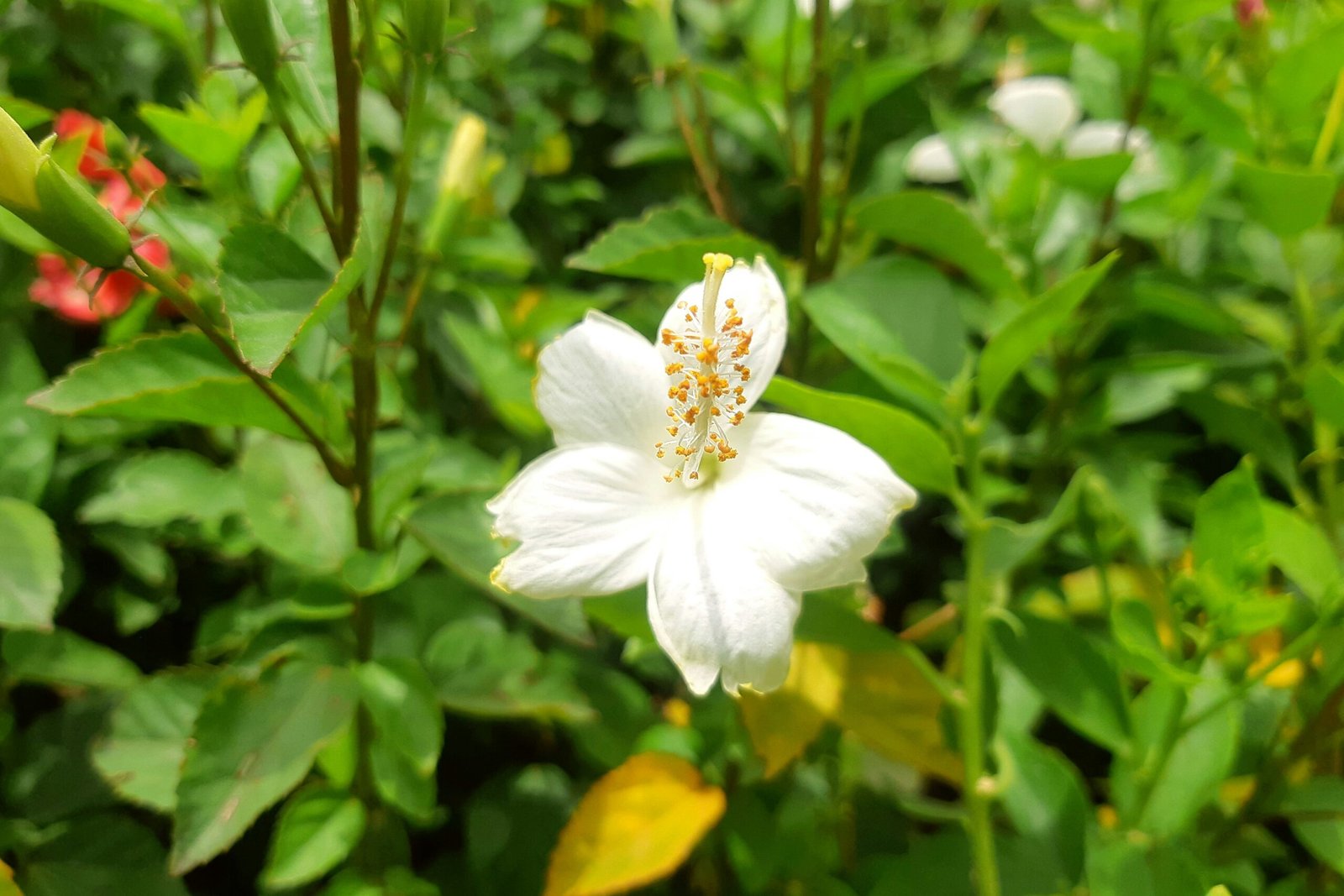So, you’ve finally decided to try your hand at gardening. Whether you’re looking to beautify your outdoor space, grow your own fruits and vegetables, or simply add some greenery to your home, gardening can be a rewarding and therapeutic hobby. However, as a beginner, you may encounter some common gardening problems that can make the process seem daunting. But fear not! With the right tips and tricks, you can overcome these challenges and become a successful gardener. In this comprehensive guide, we’ll walk you through some beginner gardening tips and help you solve common gardening problems so that you can watch your plants thrive.
Gardening for Beginners: Getting Started
Before we dive into solving common gardening problems, let’s start with the basics. If you’re new to gardening, it’s essential to familiarize yourself with the foundational principles to set yourself up for success.
Choose the Right Plants
When starting your garden, it’s crucial to select plants that are well-suited for beginners. Opt for low-maintenance varieties that are resilient and forgiving, such as succulents, mint, basil, and cherry tomatoes. These plants are relatively easy to grow and require minimal attention, making them perfect for novice gardeners.
Understand Your Growing Conditions
Before you start planting, take the time to assess your garden’s growing conditions. Factors such as sunlight exposure, soil quality, and climate can significantly impact the success of your garden. Choose plants that thrive in your specific growing environment to ensure they have the best chance of flourishing.
Invest in Quality Tools
Having the right gardening tools can make a world of difference, especially for beginners. Invest in essential tools such as a trowel, pruners, gloves, and a watering can to make your gardening tasks more manageable and enjoyable.
Solving Common Gardening Problems
Now that you’ve laid the groundwork for your garden, let’s address some common gardening problems that beginners often encounter and explore effective solutions to overcome these challenges.
Overwatering and Underwatering
One of the most common pitfalls for beginner gardeners is improper watering. It’s easy to accidentally overwater or underwater your plants, which can lead to root rot or dehydration. To prevent this, familiarize yourself with the specific watering needs of each plant in your garden. Some plants prefer consistently moist soil, while others thrive in drier conditions. Invest in a moisture meter to accurately gauge the moisture levels of your soil and water your plants accordingly.
Pest Infestations
Dealing with pests can be a frustrating experience for any gardener. Common garden pests such as aphids, snails, and caterpillars can wreak havoc on your plants if left unchecked. To address pest infestations, consider natural remedies such as introducing beneficial insects like ladybugs or using organic insecticidal soaps. Additionally, practicing good garden hygiene by regularly removing weeds and debris can help prevent pest infestations from taking hold.
Poor Soil Quality
The quality of your soil plays a significant role in the health and growth of your plants. If you find that your soil is lacking in nutrients or has poor drainage, it’s essential to take steps to improve it. Consider enriching your soil with compost or organic matter to enhance its fertility and structure. For plants that require well-draining soil, raised beds or container gardening can be viable solutions to circumvent poor soil quality.
Unpredictable Weather
Weather fluctuations can pose a challenge for gardeners, especially for those who are new to the hobby. Sudden temperature changes, heavy rainfall, or prolonged drought can impact the well-being of your plants. To mitigate the effects of unpredictable weather, consider using row covers or shade cloth to protect your plants from extreme conditions. Additionally, staying informed about the local climate patterns can help you anticipate and prepare for potential weather-related challenges.
A Successful Gardening Guide: Nurturing Your Garden to Thrive
Now that you’re equipped with beginner gardening tips and strategies to solve common gardening problems, it’s time to focus on nurturing your garden for long-term success. Here are some additional pointers to help you cultivate a thriving and beautiful garden:
Regular Maintenance
Consistent maintenance is key to keeping your garden in top shape. Set aside time for regular tasks such as watering, pruning, weeding, and inspecting for any signs of disease or pest activity. By staying proactive, you can address issues early on and prevent them from escalating.
Continuous Learning
Gardening is a continuous learning process, and there’s always something new to discover. Take the time to educate yourself about the specific needs of your plants, experiment with different gardening techniques, and learn from both successes and failures. Joining a local gardening club or seeking advice from experienced gardeners can also provide valuable insights and support.
Patience and Persistence
As a beginner gardener, it’s important to cultivate patience and persistence. Not every plant will thrive, and setbacks are inevitable. Embrace the learning curve, celebrate small victories, and don’t be discouraged by occasional challenges. With time and dedication, you’ll develop a deeper understanding of your garden and become more adept at nurturing your plants.
By implementing these beginner gardening tips and solutions for common gardening problems, you’ll be well on your way to becoming a successful gardener. Remember that gardening is a delightful journey filled with opportunities for growth and discovery. So roll up your sleeves, dig in the dirt, and enjoy the fulfilling experience of watching your garden flourish!
